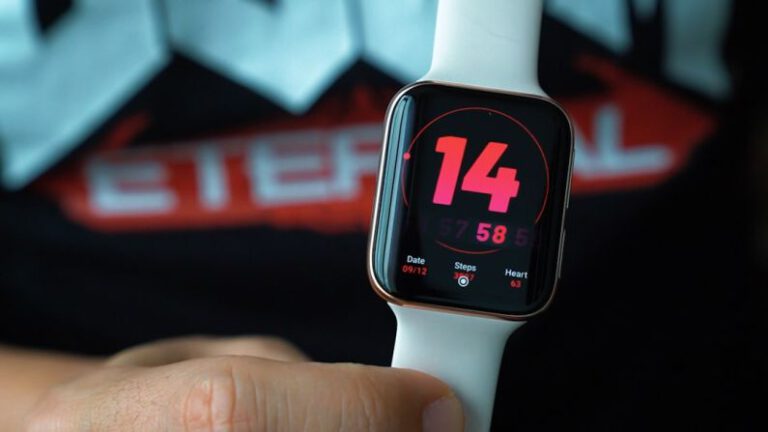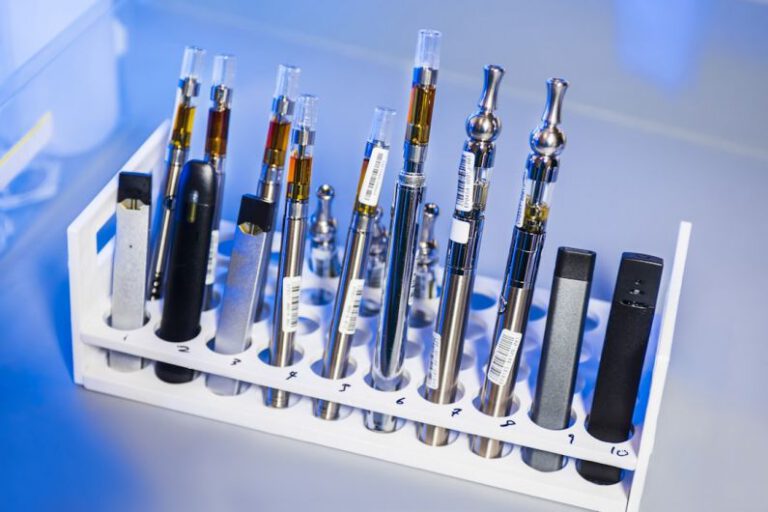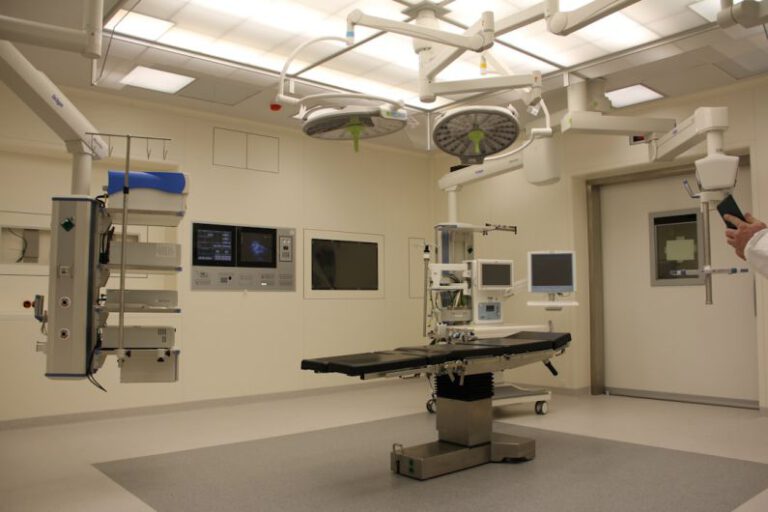Precision Medicine: the Future of Personalized Healthcare
In a rapidly evolving world where technological advancements are revolutionizing every aspect of our lives, it’s no surprise that healthcare is also experiencing a transformation. Precision medicine, also known as personalized medicine, is a cutting-edge approach that tailors medical treatment to the individual characteristics of each patient. This innovative method holds the promise of revolutionizing the healthcare industry, offering more effective and efficient treatments that are specifically tailored to the unique genetic makeup, lifestyle, and environment of each patient.
The Evolution of Healthcare
Traditionally, healthcare has followed a one-size-fits-all approach, where treatments and medications are developed based on average responses from large groups of people. However, this approach overlooks the fact that each individual is unique and may respond differently to the same treatment. This has led to inefficiencies in treatment outcomes, with some patients experiencing adverse effects or not responding at all to standard therapies. Precision medicine seeks to address this issue by taking into account the genetic, environmental, and lifestyle factors that contribute to an individual’s health.
Personalized Treatment Strategies
One of the key pillars of precision medicine is the use of genetic testing to identify specific genetic variations that may influence an individual’s response to certain treatments. By analyzing a patient’s genetic profile, healthcare providers can determine the most effective medications and dosages for that individual, reducing the risk of adverse reactions and optimizing treatment outcomes. This targeted approach not only improves patient outcomes but also reduces healthcare costs by minimizing the need for trial-and-error treatments.
Another important aspect of precision medicine is the integration of data from various sources, including electronic health records, wearable devices, and patient-reported outcomes. By collecting and analyzing this data, healthcare providers can gain a more comprehensive understanding of each patient’s health status and tailor treatment plans accordingly. This data-driven approach allows for more proactive and personalized care, leading to better outcomes for patients with chronic conditions such as diabetes, cancer, and heart disease.
The Role of Artificial Intelligence
Artificial intelligence (AI) plays a crucial role in the advancement of precision medicine by enabling the analysis of large datasets and identifying patterns that may not be apparent to human researchers. Machine learning algorithms can sift through vast amounts of genetic and clinical data to identify biomarkers, predict disease outcomes, and recommend personalized treatment options. This combination of AI and precision medicine holds the potential to revolutionize the way diseases are diagnosed and treated, paving the way for more effective and efficient healthcare delivery.
Challenges and Opportunities
While precision medicine offers immense promise for improving patient outcomes and reducing healthcare costs, it also presents challenges that must be addressed. One of the primary challenges is the need for robust data privacy and security measures to protect patient information from unauthorized access or misuse. Additionally, there are concerns about the equitable access to precision medicine technologies, as these advancements may not be equally accessible to all populations.
Despite these challenges, precision medicine presents a wealth of opportunities for advancing healthcare delivery and improving patient outcomes. By harnessing the power of genetic testing, data analytics, and artificial intelligence, healthcare providers can deliver more personalized and effective treatments that are tailored to each individual’s unique needs. This transformative approach has the potential to revolutionize the healthcare industry, ushering in a new era of personalized medicine that prioritizes the well-being of each patient.






